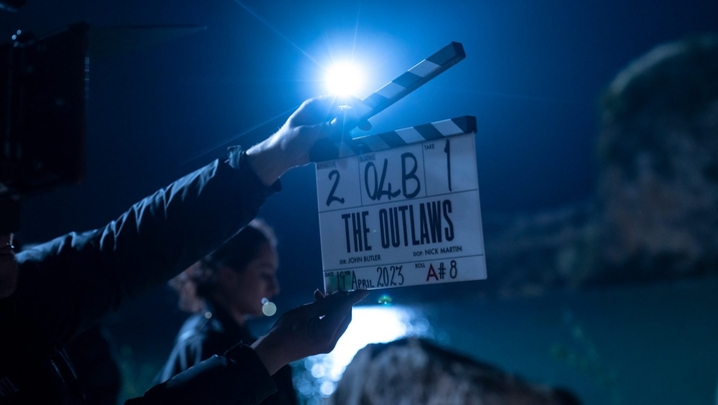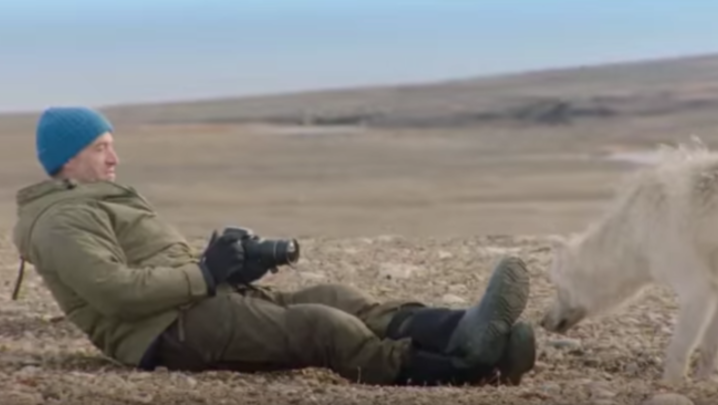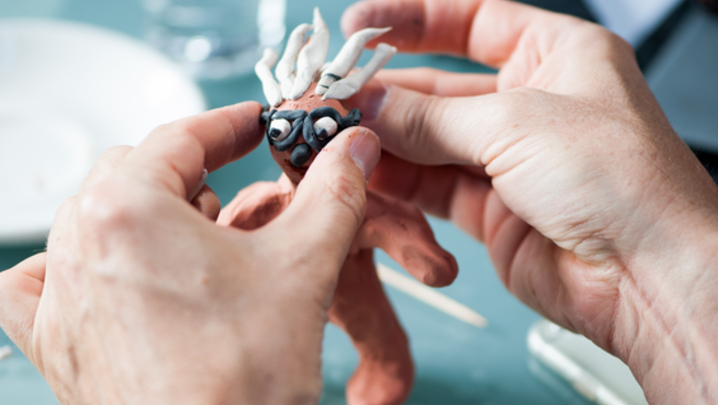Event Summary
'Things we forgot we knew' was one of the themes of Alan Roberts' recent talk to the Bristol Centre. Familiar to many from his talks at IBC, Alan is one of the pioneer workers on HD cameras, the expert behind the 'BBC settings' for HD photography, and is the recipient of the 2009 Guild of TV Cameramen Award for contributions to the art and science of TV camerawork.
The first 'thing we forgot' was the picture distortion that arises between fast-moving subjects, panning cameras, and rolling shutters. It's as relevant today with HD cameras as it was in 1912, when a certain Jacques-Henri Lartigue photographed a Delage racing car at the ACF grand prix and, according to received wisdom, was the first to pan the camera during the exposure. The picture recently featured in the Guardian's 100 years of Great Press Photographs, and had intrigued Alan Roberts. With an impressive use of 'forensic geometry' on the still he was able to tell us the type of camera shutter (a vertical guillotine), the fact that the plate (and optical viewfinder) received an upside-down image, and make a reasonable guesstimate of the photograph's exposure and the speed of the car.
To help make some sense of how we got where we are today, Alan took us back through some of the historical development of TV picture standards: how the numbers of lines in a frame, and horizontal resolution were initially based on principles of human acuity, and the tangled history of how we have ended up with the number of 1080 lines in the digital age. He also gave us a daunting glimpse into the design complexities of the digital HD camera, and how different manufacturers have approached the challenge of matching digital sampling to picture capture.
Equipped with his own travelling museum of curiosities, ranging from an optician's eye-testing chart, a set of video clips of what can go wrong, to a collection of dissected camera optics, Alan entertained and informed an appreciative audience through a lively Q&A session that followed. His new book 'Circles of Confusion' is available through the EBU website.








